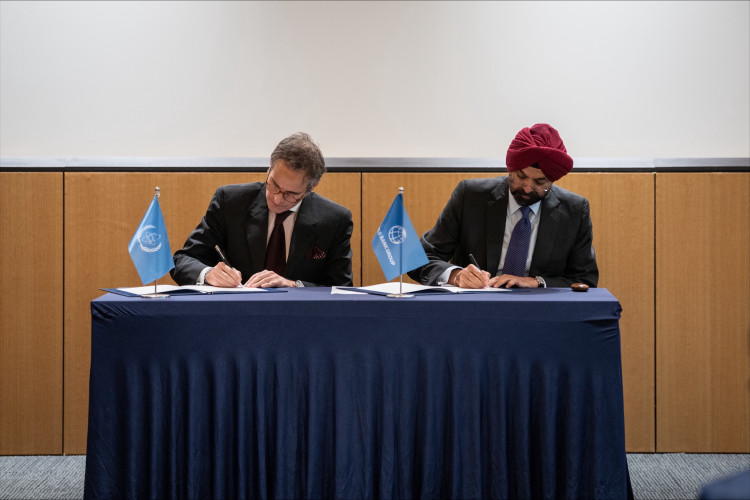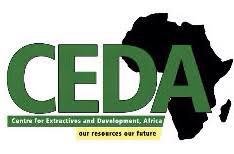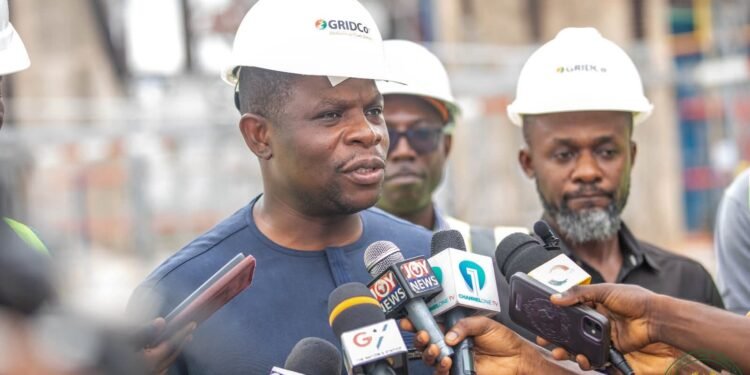The World Bank Group has signed a formal agreement with the International Atomic Energy Agency (IAEA) to support the safe and responsible use of nuclear energy in developing countries. The partnership is the Bank’s first formal re-engagement with nuclear power in decades, marking a turning point in global energy policy.
The agreement was signed by World Bank Group President Ajay Banga and IAEA Director General Rafael Mariano Grossi and is seen as a strategic response to growing electricity demand and climate goals. It reflects the World Bank’s new, more flexible approach to electrification—one that emphasizes reliability, accessibility, and environmental sustainability.
“Jobs need electricity. So do factories, hospitals, schools, and water systems.
“As demand surges with AI and development alike, we must help countries deliver reliable, affordable power. That’s why we’re embracing nuclear energy as part of the solution.”
Ajay Banga, World Bank Group President
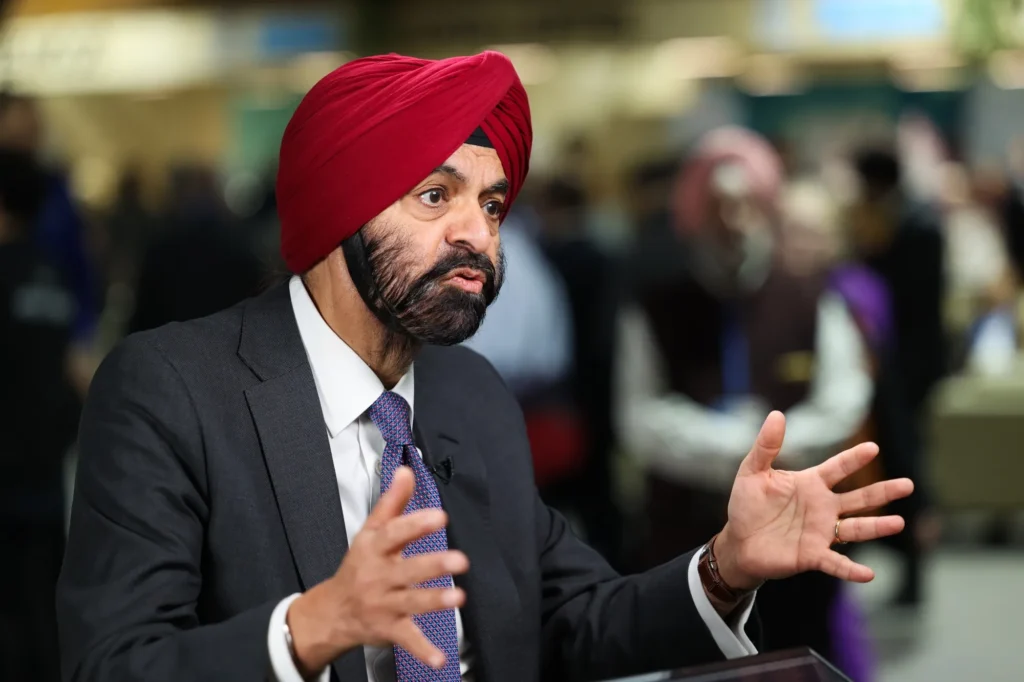
The agreement comes at a time when electricity demand in developing nations is projected to more than double by 2035.
The World Bank now acknowledges nuclear power as a viable option to meet these demands—particularly because of its ability to deliver continuous baseload electricity, which is essential for critical sectors such as healthcare, manufacturing, and infrastructure.
“Importantly, nuclear delivers baseload power, which is essential to building modern economies.
“Our partnership with the IAEA marks an important step, and I’m grateful to Rafael for his leadership.”
Ajay Banga, World Bank Group President
Currently, nuclear power accounts for approximately 9% of global electricity production, and nearly 25% of all low-carbon electricity. With over 30 countries operating nuclear power plants and another 30 expressing interest—mostly in the Global South—the timing of the partnership could not be more critical.
Focus on Safety, Sustainability, and Innovation
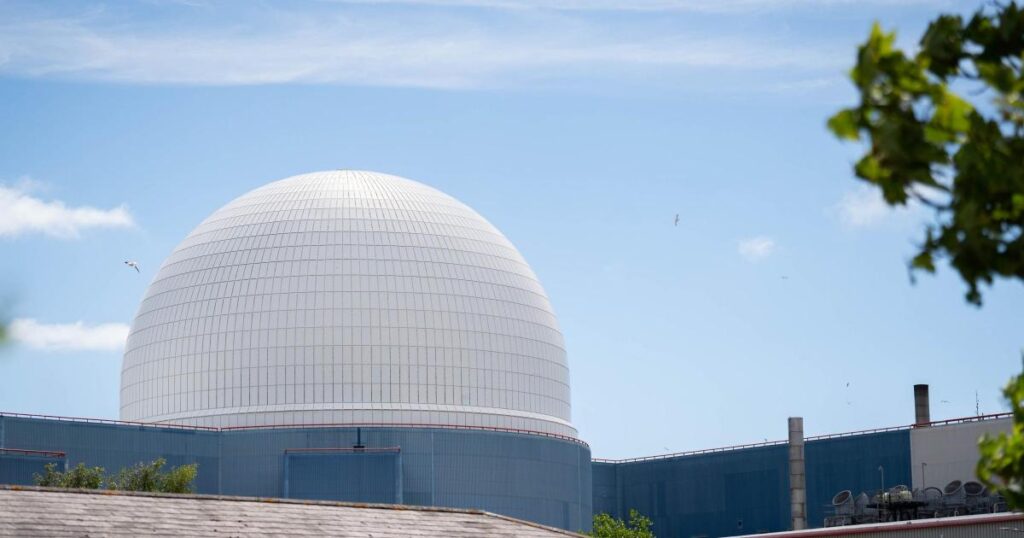
Under a new Memorandum of Understanding, the International Atomic Energy Agency (IAEA) will collaborate with the World Bank Group to support nuclear energy development in key areas. This partnership aims to enhance the safe and effective use of nuclear technology, especially in developing countries.
One of the main focus areas is knowledge transfer. The IAEA will help strengthen the World Bank Group’s understanding of nuclear safety, safeguards, waste management, and long-term planning for nuclear projects.
The collaboration will also support the safe life extension of aging nuclear reactors and promote the deployment of Small Modular Reactors (SMRs). These reactors offer cost-effective, flexible energy solutions, particularly useful for remote regions and countries with smaller electricity grids.
“Today’s agreement is a milestone. This landmark partnership is yet another sign of the world’s return to realism on nuclear power.”
Rafael Mariano Grossi, Director General of the International Atomic Energy Agency
Grossi noted that the collaboration could inspire other multilateral development banks and private investors to follow suit, unlocking financing for nuclear projects that have long struggled to attract capital.
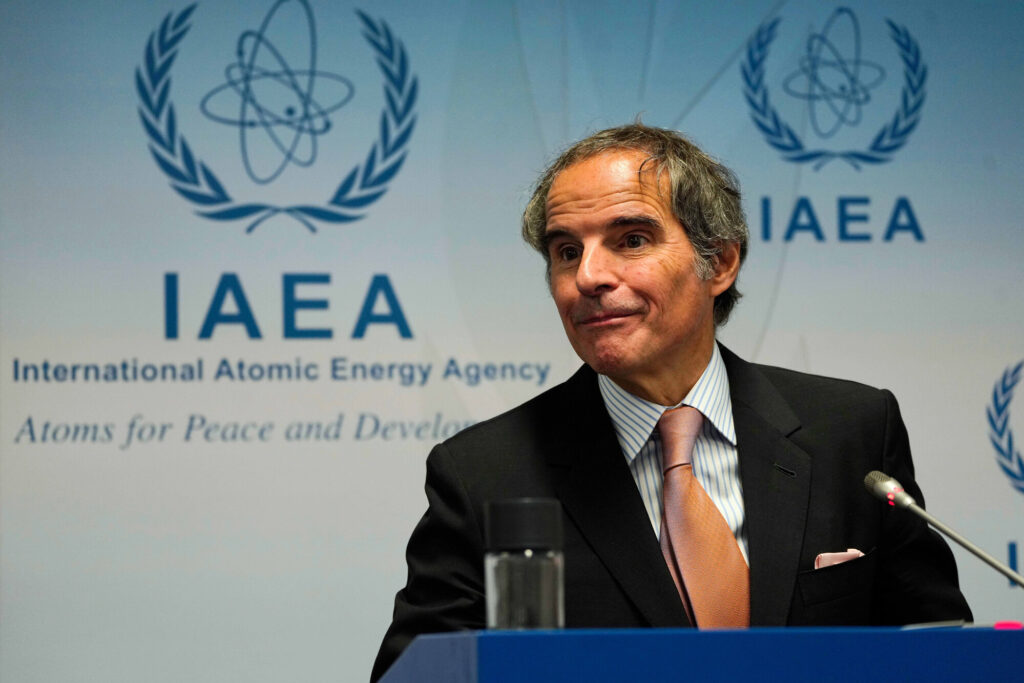
“SMRs have great potential to cleanly and reliably power progress and fight poverty, but financing remains a roadblock. Today’s agreement is a crucial first step to clearing that path.”
Rafael Mariano Grossi, Director General of the International Atomic Energy Agency
Nuclear power, once politically sidelined, is regaining momentum due to its zero-emissions profile, operational stability, and ability to complement intermittent renewable sources like solar and wind. It is also a catalyst for high-skilled jobs, local industrial development, and technology transfer.
The World Bank Group’s shift toward embracing nuclear comes amid mounting pressure to help developing nations meet their Nationally Determined Contributions (NDCs) under the Paris Agreement, while still powering development.
The IAEA’s Three-Phase Milestone Approach—already adopted by dozens of emerging nuclear states—will form the foundation of this new collaboration.
It will ensure that all nuclear projects supported under the partnership adhere to rigorous international safety and regulatory standards.
This historic agreement repositions nuclear power within the development agenda, offering countries a new path to energy independence, industrialization, and climate resilience.
READ ALSO: Mastercard and Access Bank Unveil Innovative Age-Segmented Card to Empower Ghana’s Youth

